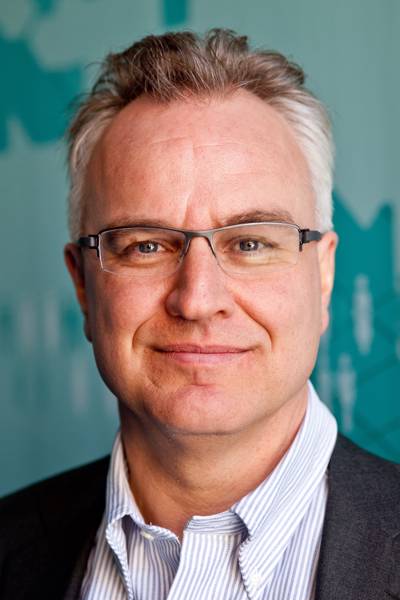This report reviews the experiences of the international community in Afghanistan that are most relevant to future peace-building tasks. It focuses on the 1990s but refers to broader historical and social factors where instructive.
The analysis starts with the most fundamental questions facing the Afghans and the concerned international community at present, namely how to
- sustain a political framework for peace-building
- support structures in Afghanistan that strike an appropriate balance between national, regional and local authorities
- develop strategies for assessing needs and identifying policy priorities.
The subsequent section looks at experiences in particular sectors that are central to peacebuilding:
- standards of governance and human rights
- organising the transition from relief to reconstruction and longer-term development
- some key issues in the transition phase (drug control, mine action, return of refugees/internally displaced persons ).
Some security issues are examined in chapter 2, but peacekeeping will mostly be discussed in an accompanying report that examines lessons from UN operations elsewhere.
What is peace-building? A poorly defined term, it is used to denote at least two kinds of activity:
- strategies to develop trust and build confidence among communities, particularly at the local level
- a package of activities undertaken in so-called post-conflict situations, typically coordinated by the UN or through other common mechanisms. In this sense, the concept evolved during the 1990s and presently entails a broad range of activities designed to establish public order, undertake economic recovery and reconstruction, and develop institutions in the judicial, administrative and political sectors (state and civil society).
Peace-building in the first sense has been undertaken at the local level in Afghanistan by non-governmental organisations and a few UN agencies. Plans for peace-building in the second sense have not been prepared by the UN and the international aid community until now, after the fall of the Taliban and the establishment of a transitional government in Kabul. Yet the international community was previously involved on many levels and in various aid capacities. The 1990s consequently offer a set of rich experiences that are relevant to the current phase, ranging from micro-level projects to attempts by the UN to coordinate aid policy in a difficult political context.







